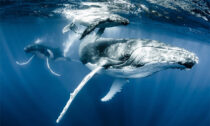
The world’s oceans, covering an expansive 70% of our planet’s surface, are a lifeline for humanity and a cornerstone of Earth’s health. They are not just vast bodies of water; they are dynamic systems that regulate our climate, provide livelihoods for millions, and are home to a diverse array of marine life. In contemporary times, these critical ecosystems are under siege. Human activities, ranging from pollution to overfishing, are posing serious threats to their health and sustainability.
The benefits of oceans for humanity is as important as its very existence. Oceans absorb about 30% of carbon dioxide produced by humans, buffering the impacts of global warming...
Read More

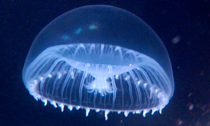

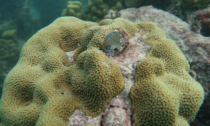
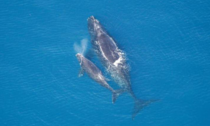
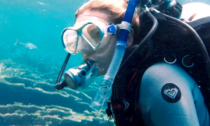
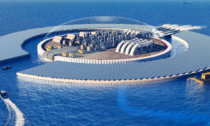
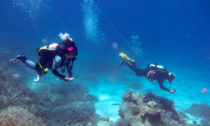
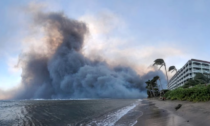
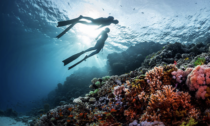
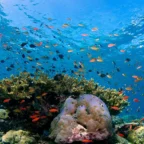


Social Profiles